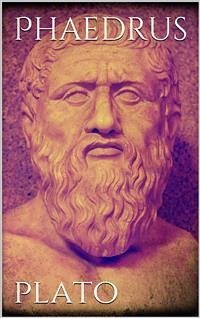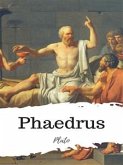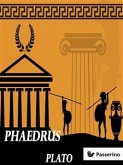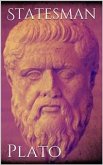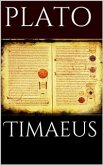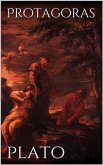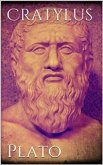The Phaedrus is closely connected with the Symposium, and may be regarded either as introducing or following it. The two Dialogues together contain the whole philosophy of Plato on the nature of love, which in the Republic and in the later writings of Plato is only introduced playfully or as a figure of speech. But in the Phaedrus and Symposium love and philosophy join hands, and one is an aspect of the other. The spiritual and emotional part is elevated into the ideal, to which in the Symposium mankind are described as looking forward, and which in the Phaedrus, as well as in the Phaedo, they are seeking to recover from a former state of existence. Whether the subject of the Dialogue is love or rhetoric, or the union of the two, or the relation of philosophy to love and to art in general, and to the human soul, will be hereafter considered. And perhaps we may arrive at some conclusion such as the following—that the dialogue is not strictly confined to a single subject, but passes from one to another with the natural freedom of conversation.
Bitte wählen Sie Ihr Anliegen aus.
Rechnungen
Retourenschein anfordern
Bestellstatus
Storno

